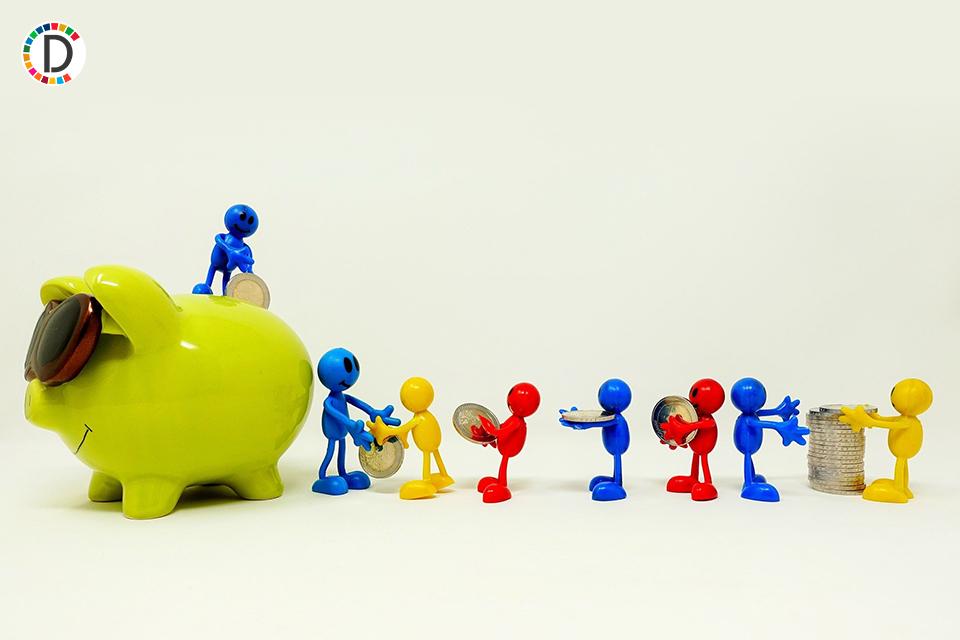Sterling extends falls versus dollar and euro, weighed down by Brexit and economy
The pound fell on Thursday, extending its losses on a combination of dollar strength and weak domestic factors: the long-term damage to Britain's economy from the coronavirus and a lack of progress in Brexit negotiations. The Bank of England's deputy governor, Dave Ramsden, said on Wednesday that the level of British economic output would permanently be about 1.5 percentage points lower than it would be had it not been for the pandemic.

The pound fell on Thursday, extending its losses on a combination of dollar strength and weak domestic factors: the long-term damage to Britain's economy from the coronavirus and a lack of progress in Brexit negotiations.
The Bank of England's deputy governor, Dave Ramsden, said on Wednesday that the level of British economic output would permanently be about 1.5 percentage points lower than it would be had it not been for the pandemic. The European Union's chief Brexit negotiator, meanwhile, said that Britain had not changed its position on key sticking points in Brexit trade talks and that he was "worried and disappointed".
"Over the past few days Sterling was able to benefit from a EUR and USD weakness. At the same time investors seem to be ignoring idiosyncratic factors," wrote Commerzbank FX strategist Thu Lan Nguyen in a note to clients. "Things are still not looking great as far as Brexit is concerned," she said, referring specifically to comments by BoE governor Andrew Bailey about a lack of progress on the issue of equivalence for the financial services sector.
"Following 4 years of Brexit drama the market seems immune to this. However, GBP investors will be unable to ignore the Brexit risk forever," Nguyen said. At 1009 GMT, sterling was at $1.3277, down 0.5% since the previous session's New York close.
Against the euro it was down around 0.2% at 0.88985 . After the euro hit $1.20 earlier this week, it has retreated as the market grew concerned that euro strength was a problem for the European Central Bank.
Kit Juckes, head of FX strategy at Societe Generale, said that yesterday's slump in euro-sterling, to as low as 0.88745, was a correction after the euro rally, and that when the focus returns to domestic factors, euro-sterling will rise back above 90. "This is a pair that ought to be trading somewhere in the low 90s really while we wait to find out what kind of Brexit we're finally going to get and then see what kind of an economic recovery we get," he said.
Britain's economy shrank by more than 20% in the April-June period, worse than any other big industrialised nation. More than one-in-10 British shops stand empty.
On the possibility of a negative interest rate, speculation about which has previously hurt the pound, BoE Governor Andrew Bailey said that it is in the Bank's box of tools but that he is not planning to use it soon.
(This story has not been edited by Devdiscourse staff and is auto-generated from a syndicated feed.)
ALSO READ
Bank of England's Greene says markets expect rate cuts to happen early, FT reports
Bank of England's Greene says later start to rate cuts better, FT reports
Bank of England’s Greene says rate cuts should be "a way off"
European Union Investigates TikTok's New App That Rewards Users for Watching Videos
European Union official urges G7 to step up air defence for Ukraine and expand Iran sanctions










